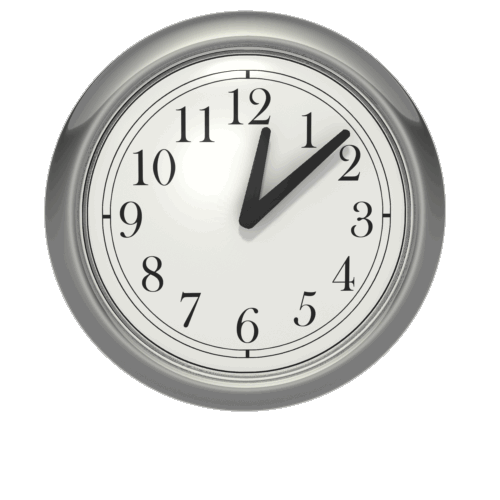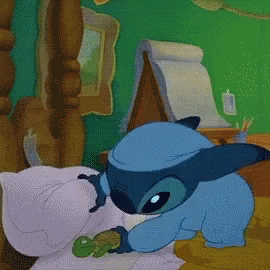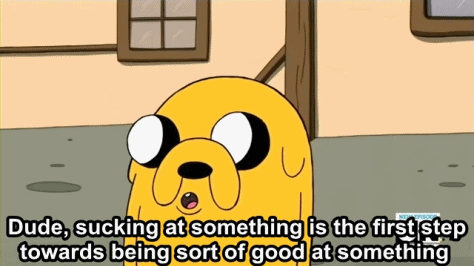As of now, I
am feeling a content unease. I am used to this feeling. It approaches at night
when I stay up too late.
 |
| "Content unease" is hard to describe. (Image by blind artist George Redhawk.) |
 This "content unease" is only a mild version of my
strange nocturnal states. It's not too late right now (11:00pm) and I am keeping myself occupied
with some crafts.
This "content unease" is only a mild version of my
strange nocturnal states. It's not too late right now (11:00pm) and I am keeping myself occupied
with some crafts.When I'm not actively distracting myself in a healthy manner, I can sink into a weird episode of extremely strong emotions and intense sensory experiences. Sort of like being high, but it can be uncomfortable too, like a bad trip.
 |
| Sparkles from my brain |
I can range from intense mental pain, self-hatred,
depression, anxiety etc. to extreme confidence, euphoria, feeling powerful, and
delusions of grandeur--a manic state that hurts so bad yet feels so good.
Visuals come alive...
Music becomes eargasmic...
And I feel everything.
...try smoking marijuana and you'll see what I mean.
(Actually don't. And don't tell anyone I suggested that. xD)
I feel the intended emotions so strongly, I must be careful about the media I take in.
Unfortunately, it is difficult to control my compulsive curiosity in this state, so I can find myself in weird places on the Internet (*cough cough* the weird side of YouTube). Luckily, it doesn't have much impact on me the next day, when my brain gunk has been flushed out by a good night's sleep.
Still, it's amazing when I do things I really enjoy during these states, like playing Skyrim, watching a favorite music video on repeat, stream-of-consciousness writing, or organizing my computer. Whatever it is, it feels great when it's something I really want to do in that moment.
Though it's a part of who I am, I do categorize it as a part of my mental illness. Because like any feeling, I don't want it in excess. It disrupts my sleep patterns and I'm self-conscious about it when I'm around people (besides my fiancé and a few trusted friends) since I may act hyper or too self-focused. I'm ashamed to say that I can even be verbally/emotionally abusive if I'm experiencing the more painful side of these episodes. A lot of this is due to dissociation: or a mental/emotional disconnection in an attempt to escape the pain.
The best solution for stabilizing it is to have a strict bedtime every night, and early enough that I never enter that state in the first place. I typically go to bed anywhere between 10pm-12pm on a good night, depending on my schedule.
Don't get me wrong, sometimes my "crazy" comes in handy. While the dark side of it can be painful, I can intentionally use these states to be hyper-productive. It can fuel my creativity as well, but it's often a dysfunctional creativity--think half-finished splatter paintings and a story about an antler lady attracted to lampposts. So I prefer assigning myself a specific, planned-out task ahead of time; that way, my crazy self knows what to do.
I've gotten through editing some of my documentary this way. I had to, because of school; but I found that I got a lot of good work done when I kept at it all night sometimes, uninterrupted by daytime responsibilities.
Over time, I've developed a love/hate relationship with that manic feeling, as it paints everything (including my work) as both awful and beautiful. I appreciate those extremes and the crazy places they take me--it makes life more interesting. It makes me want to keep creating, and to keep striving for improvement.
Whatever these "episodes" are, they are a part of me. While I do want to stabilize them, I don't want to erase them.
























